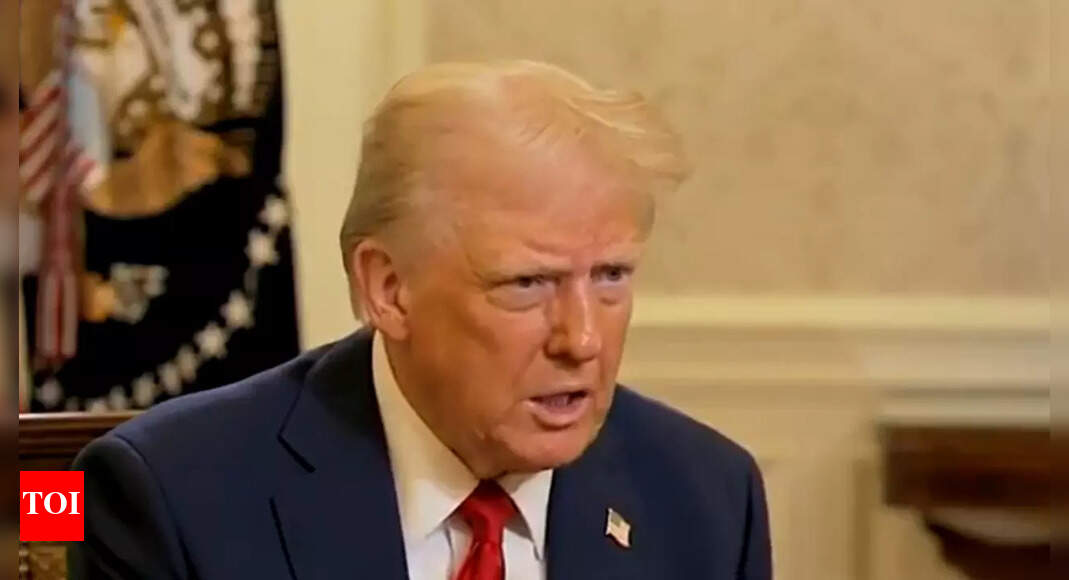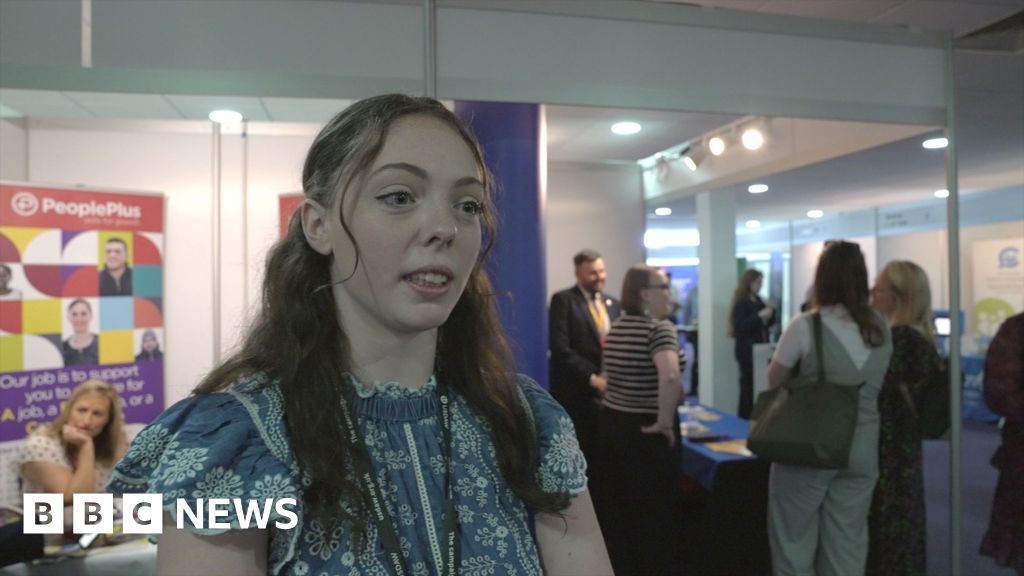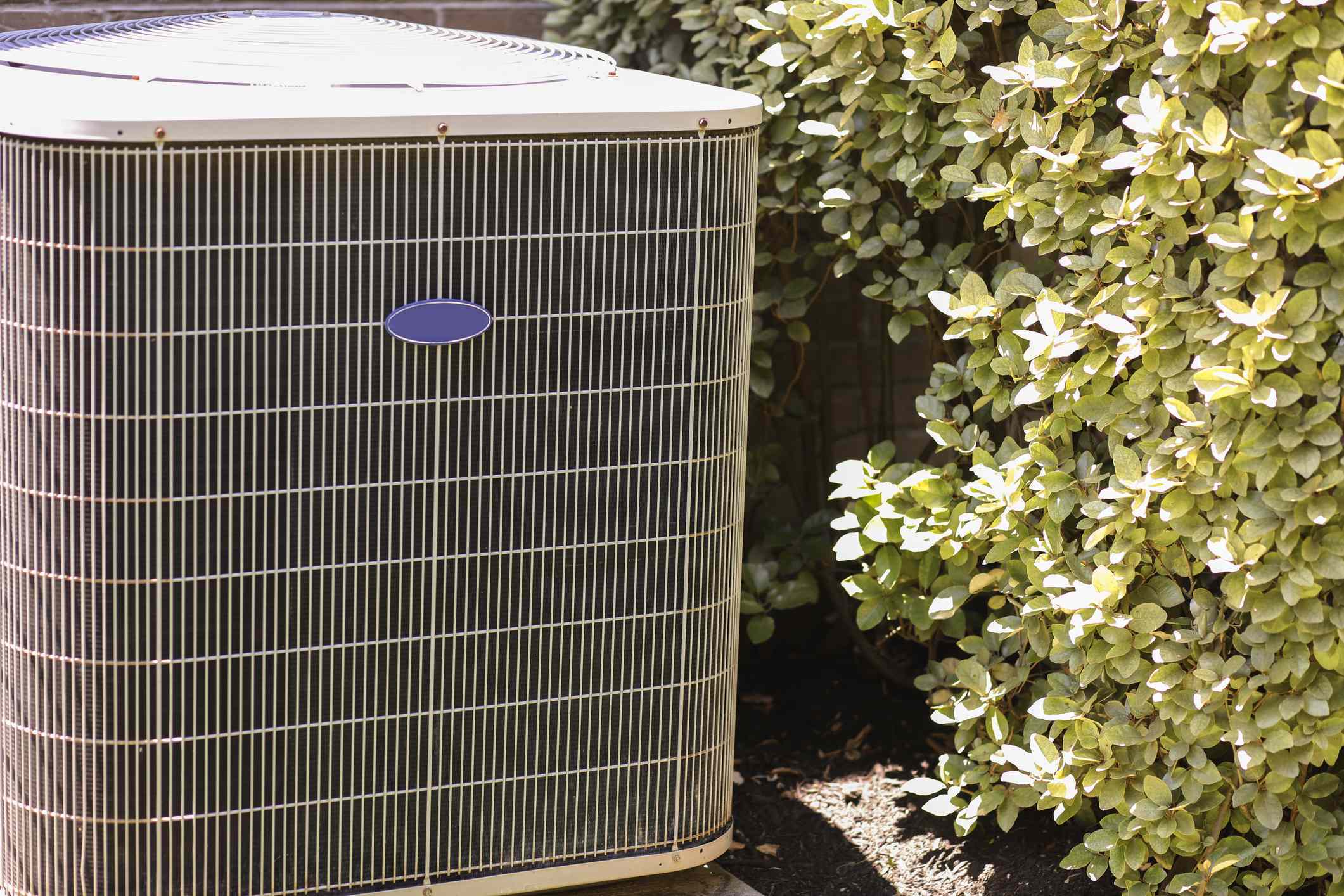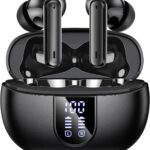Key Points
- Check simple issues first like thermostat settings, dirty filters, or blocked vents.
- Look for leaks, blown capacitors, or electrical problems.
- Call an HVAC pro for anything complex or needing special tools or parts.
If your air conditioner seems like it isn’t cooling your home as efficiently as normal (or at all), then you’ll want to address it as soon as possible. You should start by inspecting the thermostat, vents, compressor unit, and any associated parts to troubleshoot the cause.
These are the nine most common reasons your AC is not cooling and how to fix it, as well as when it’s better to call an HVAC pro for repair.
Meet the Expert
- Richie Drew has over 28 years of experience in the HVAC industry and is currently the VP of Operations for One Hour Heating & Air Conditioning.
- Omero Flores is an air conditioning and heating technician with 20 years of experience in the industry, and is currently the CEO of American AC & Heating.
- Jason Smith has worked for over 15 years in the HVAC industry and is the owner and operator of Smith Brothers Heating and Cooling.
Faulty or Improperly Set Thermostat
One of the easiest to address problems that may be causing an air conditioner to not cool properly is an improperly set thermostat.
“There are a few possible reasons your air conditioning unit isn’t working,” says Richie Drew, VP of Operations for One Hour Heating & Air Conditioning. “Sometimes it’s as simple as adjusting the thermostat setting or reprogramming your smart thermostat to run your AC at different times of the day.”
There is also a chance that the thermostat is faulty, worn out, or the wiring is damaged, in which case you will need to invest in and install a new thermostat to restore functionality to the air conditioner.
Want more home reno project tips and inspiration? Sign up for our free daily newsletter for the latest how-tos, reno guides, and more!
Low Refrigerant Levels
The refrigerant levels in an air conditioner should remain fixed, so if you think your AC is not cooling due to low refrigerant levels, then it’s likely there is a leak somewhere in the system.
“A refrigerant leak can cause your AC unit to run longer than normal, increase utility bills, or cause the AC unit to blow warm air,” Drew says.
Leaks can be caused due to improper installation, damage to the compressor, corrosion in the refrigerant line, or faulty connections and fittings. If this occurs, it’s recommended to call an HVAC professional to repair the unit and top up your refrigerant levels.
Worn Out Capacitor
The capacitor is a necessary part for starting the compressor motor, so if the capacitor wears out or fails due to a blown fuse, then the motor will not have enough power to start, preventing the air conditioner from cooling.
“The most common problem when your AC stops working suddenly is a blown fuse or capacitor,” says Jason Smith, owner and operator of Smith Brothers Heating and Cooling. “A lot of times that is caused by a dirty filter.
Smith suggests checking and replacing the air filter, and replacing fuses that you can find at the hardware store.
Dirty Evaporator or Condenser Coils
When the evaporator or condenser coils get too coated with dust, dirt, mold, mildew, or other debris, it can drastically reduce the ability of the AC to transfer heat out of the home.
If the coils get too cool, they can even freeze over, preventing the air conditioner from working properly, which is why it’s important to keep the coils clean and free of ice.
“As hot temperatures start, cleaning your evaporator coil is essential during the hot seasons, as there is typically an increase in humidity, which can cause mold and mildew,” Drew says. “To prevent this, homeowners need to drain the pan below the condenser and clear all lines to allow excess water pulled from the air to drain out.”
Faulty Compressor
The compressor is responsible for circulating refrigerant throughout the system, so if you have a faulty compressor, then it may initial appear as though the refrigerant levels are low, but in reality, the refrigerant is just not being pumped throughout the system, preventing the AC system from cooling the home.
This issue will typically need to be addressed by an HVAC professional.
“A technician will need to check for refrigerant leaks, test electrical components, and inspect the compressor and coils,” says Omero Flores, HVAC technician and CEO of American AC & Heating. “In more serious cases, professional repair or component replacement may be necessary.”
Blocked Vents or Ducts
Vents and ducts are responsible for carrying air into and out of the home, so if the vents are blocked or clogged then it can have an immediate impact on the AC’s cooling ability.
“Look at the indoor vents and if little or no air is coming out, or if it’s warm, that can be a sign of a deeper issue,” Flores says.
Some minor blockages can be resolved by hand if they are near a vent or with a vacuum if they are deeper into the ducts, but significant blockages will need to be addressed by an HVAC pro with appropriate equipment for cleaning and clearing out the ducts and ventilation system.
Dirty or Clogged AC Filter
Airflow is important for any air conditioning system, so if the AC filter is dirty or clogged, then this restricts the airflow and prevents the air conditioner from properly circulating cool air, ultimately reducing the efficiency and effectiveness of the system.
“Check to see if the AC filter needs to be replaced in the unit inside the home.” Drew says. “You should replace it every one to two months but check to see what the manufacturer’s manual says. If you have pets, you might need to replace the filter more frequently.”
Obstructed Condenser Unit
For an air conditioner to operate properly, it needs to be able to draw in air from outside.
“The condenser unit is located outside your home,” Drew says. “It’s usually lined with thin, shiny metal fins. If these fins are blocked by dirt or grass, or covered by a tarp for protection, they can’t draw in enough air, which can lead to warm air blowing into your home.”
Cleaning the condenser unit is relatively simple and can be done with a garden hose, though you should turn off the power to the unit before hosing it down. You can also use a fin comb to fix bent or damaged fins.
Electrical Problems
Air conditioners require electricity to function, so if there is an issue with the electrical wiring or the electrical components of the air conditioner, then it may not work at all or may not cool the home as effectively.
Check for signs of damaged wiring, faulty capacitors, malfunctioning relays, a damaged compressor, or a blown fuse or tripped breaker.
Blown fuses can be replaced and tripped breakers can be reset, but any other electrical problems should be handled by an HVAC professional or an electrician to avoid risk of injury and to ensure the issue is fixed right the first time.
When to Call a Professional
Not every problem that occurs with an air conditioner can be solved by an enthusiastic DIYer.
“When an AC is blowing warm air due to a refrigerant leak, homeowners should always call a professional HVAC technician to make the fix,” Drew says.
Generally, if the repair is beyond the scope of your knowledge, you don’t have the time, or you lack the tools, parts, or products to resolve the problem on your own, then you should be calling an HVAC professional.











